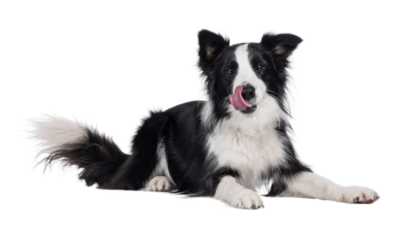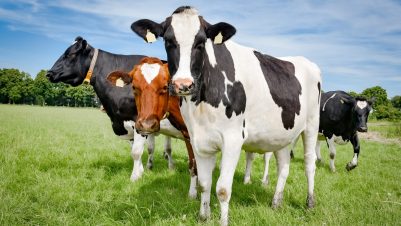MOST incoming presidents of the BVA dread a disease outbreak happening on their watch.AndI’m certainly no different. WhenIbecamepresidentlast September, many former presidents speculated on what my outbreak situation might be, but so far I’ve been verylucky on the disease front – a few small concerns, but ones that have been well-managedand contained. I’ve still gotthree months to go so I don’t wanttowriteany hostages to fortune, but I’m wonderingif, instead of a specific disease outbreak defining my presidential year, it will be the issue of Official Veterinarians(OVs). As many of you will know, the BVA has negotiated on OV fees and conditions with the Government, or relevant body, on behalf of the veterinaryprofessionformany years. Towardstheendoflastyear, Animal Health made it clear that, with Governmentbudgets gettingtighterand tighter, the money availablefor OV work wouldbesetatacertainamount and OVs wouldbepaidaccordingly. Thepayoffer was, therefore, based on the (limited) pot of money available, not on the professional hourly fee that the BVA wasarguingfor(basedon current fees in generalpractice).
Unanimously rejected In December, the Animal Health offer wasunanimouslyrejected by BVA Council and we advised our members
that they wouldneedtomakean individualbusinessdecisionfortheir practice on whether or not to continue OV work. We continued negotiations with Animal Health on other issues relating to OV workuntil,ataroutinemeeting in May, Animal Health landed us with two bombshells. Firstly, Animal Health informedusthatthemoneyfor OV work wouldnolonger be ring-fenced within its budget. And secondly, we were told that in order to comply with European and UK law, OV work wouldhave to be put out to tender. This announcement came with no prior warning (despite the relevant legislation being in place since 2006) and left the BVA with a numberofconcerns, both for our members and for the future of disease surveillance in Britain. In early June we held a meeting with our specialist and territorial divisions to discuss the issue. I’m pleased to report that a verystrongmessagecameoutof that meeting: the BVA should not be involvedinsettingupafuturetendering process with Animal Health. Verymany useful questions and scenarios were raised in the meeting that we can take to Animal Health for their consideration when setting up the new process. Therearea numberofconcerns around the enormous loss of goodwill that could result from an open tendering process. Practices that currentlydosmallamountsof OV work
may not see any benefit in tendering for workandcouldstopprovidingthese services altogether. Practices that do a large amount of OV workcouldlosetheirbid,which could have a knock-on effect on staffing, rota systems and out-of-hours services. Theunintendedimpactonanimal welfareanddiseasesurveillancecould be catastrophic. Thequestionofwhois responsible for an individual animal or herd’s health becomes very difficult when different vetsareproviding different services. And what if no one bids to take on the contract for TB
testing a small, awkwardherdwhere there are poor facilities? TheBVAwillcontinuetopress Animal Health on all of these difficult questions in the hope that when the pilot model comes into practice next April, our disease surveillance is not compromised. We will also workon waysinwhich the BVA can support members to make successful bids, should they decide to continue with OV work. We may have a difficult year ahead, but the BVA will do all it can to support members who carry out vital workasOfficial Veterinarians.






